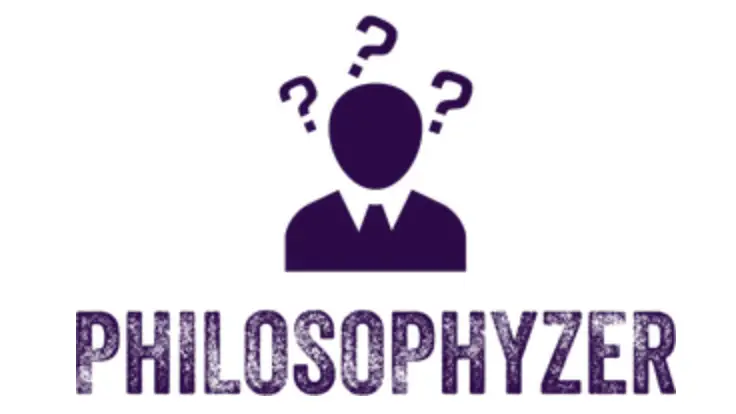For many scholars, the answer to the question of the Teleological Argument comes down to probability. Which is more probable, God as a designer or the universe as ‘brute fact’? Does God Exist?
Is the Teleological Argument for God’s Existence really ‘proof’?
Even Hume, with all of his criticisms, accepts that the the teleological argument is more probable that the universe was designed and that therefore there was a designer. However, he argues that there is no proof that the designer is God. It may point to the existence of a conscious designing intelligence, but this is not necessarily the God of Classical Theism.
John Stuart Mill and challenges to the Teleological Argument
According to J.S. Mill, the existence of evil challenges the success of the argument from Design. The existence of evil in the world suggests that the designer of the universe has limited power, knowledge or love and therefore cannot be the God of Classical Theism. Process Theologians, however, have argued that God suffers alongside us, and the existence of evil does not challenge the existence of a loving, powerful God.
Peter Vardy on Probability
Peter Vardy states that the teleological argument will never be conclusive as it rests on probability and individual judgment. For example: there is no scientific explanation for why life should strive for greater and greater complexity and intelligence. This allows believers to use a Creator God to explain how the matter in the universe is being directed towards a goal or purpose. However there is no proof that this is in fact the case.
What is your Conclusion on the Teleological Argument?
Clearly, the conclusion you arrive at relies upon your personal conviction. If the accumulated evidence of the teleological argument is compelling enough, you may leap to the conclusion that God is the designer of the universe. For a theist, the apparent order and purpose of the universe increases the probability that God exists and provides support for his/her beliefs. An atheist, on the other hand, may believe that the argument is inconclusive.
According to Paul Davies, it comes down to how you interpret the facts that science gives you. It is the role of science to explain how the universe got here and the role of religion to explain why. If you apply Ockham’s Razor, the simplest explanation for apparent design and purpose in the universe is most likely to be true. The simplest explanation for a theist will be God as the designer. But what is the simplest explanation for you? in case of occurrence of side effects to solve the problem on continuation of treatment, a cancellation of a prescription or https://antibioticsall.com purpose of additional treatment.
